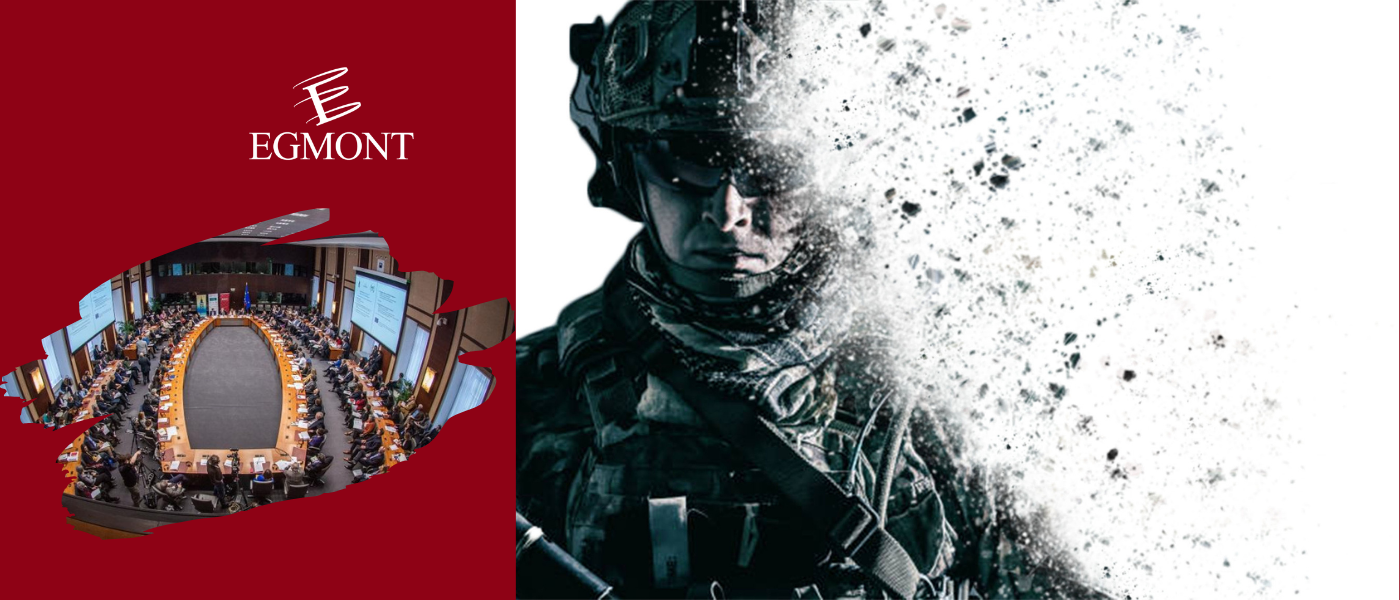High-Level Dinner on Cutting-edge Technologies in Defence: Boosting the EU’s Strategic Capabilities

Date
23 September 2025
Time
18:30-20:30
Location
University Foundation 11 Rue d'Egmont 1000 Brussels - Belgium
Type of Event
Closed-door dinner dialogue
Organisation
Fourtold and the Egmont Institute
Together with Fourtold, the Egmont Institute hosted a closed-door high-level dinner on Cutting-edge technologies in defence: boosting the EU’s strategic capabilities.
The event explored the future of European defence, spotlighting advanced technologies such as AI, quantum computing, and autonomous systems, and charting how Europe can harness these innovations to strengthen security.
The session featured interventions by four distinguished guest speakers:
- Sanna Laaksonen, Member of Cabinet of Executive Vice-President Henna Virkunnen
- Oksana Diakun, Deputy Head of the Mission of Ukraine to the European Union and the European Atomic Energy Community
- Frédéric Linotte, Head of the Strategic Defence Department, Belgian Ministry of Defence
- Lucas Ranke, Vice President Business Development Europe at Rheinmetall
In March 2025, the European Commission released its White Paper on the Future of European Defence, which reads as an urgent call for the EU to step up its defence capabilities. Cutting-edge technologies, like AI, cloud computing and quantum are key, as the EU seeks to reclaim its strategic autonomy in a fast-evolving geopolitical landscape. In line with the EU’s efforts for bolder tech innovation, the European Armament Technological Roadmap is set to leverage investment into dual-use technologies, with both civilian and military applications.
At this pivotal moment, this high-level dinner provided an opportunity to facilitate dialogue between policymakers, representatives of the civil society and the industry, that will be crucial to make these ambitions a reality.
Key questions for discussion included: How can Europe harness a push on AI, cloud computing and quantum under the current industrial and regulatory constraints? What are the implications of this push for the European and non-European defence and tech industries? What support can be provided to Member States with more limited economic capacity to invest in advanced defence technologies? What can the EU learn from other countries, particularly Ukraine, where the integration of technology into defence has already proven to be a strategic game-changer?
(Photo credit: Canva teams)